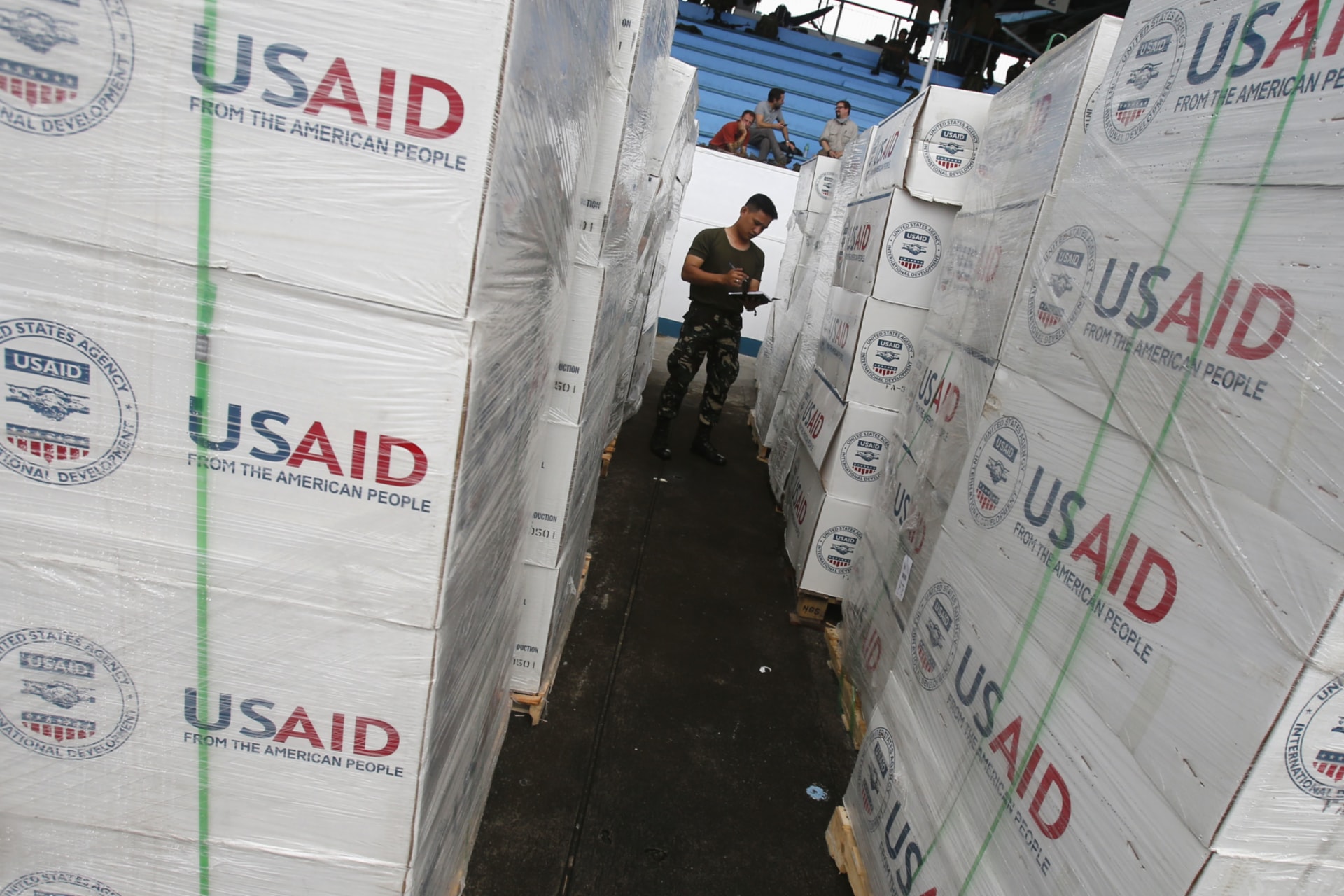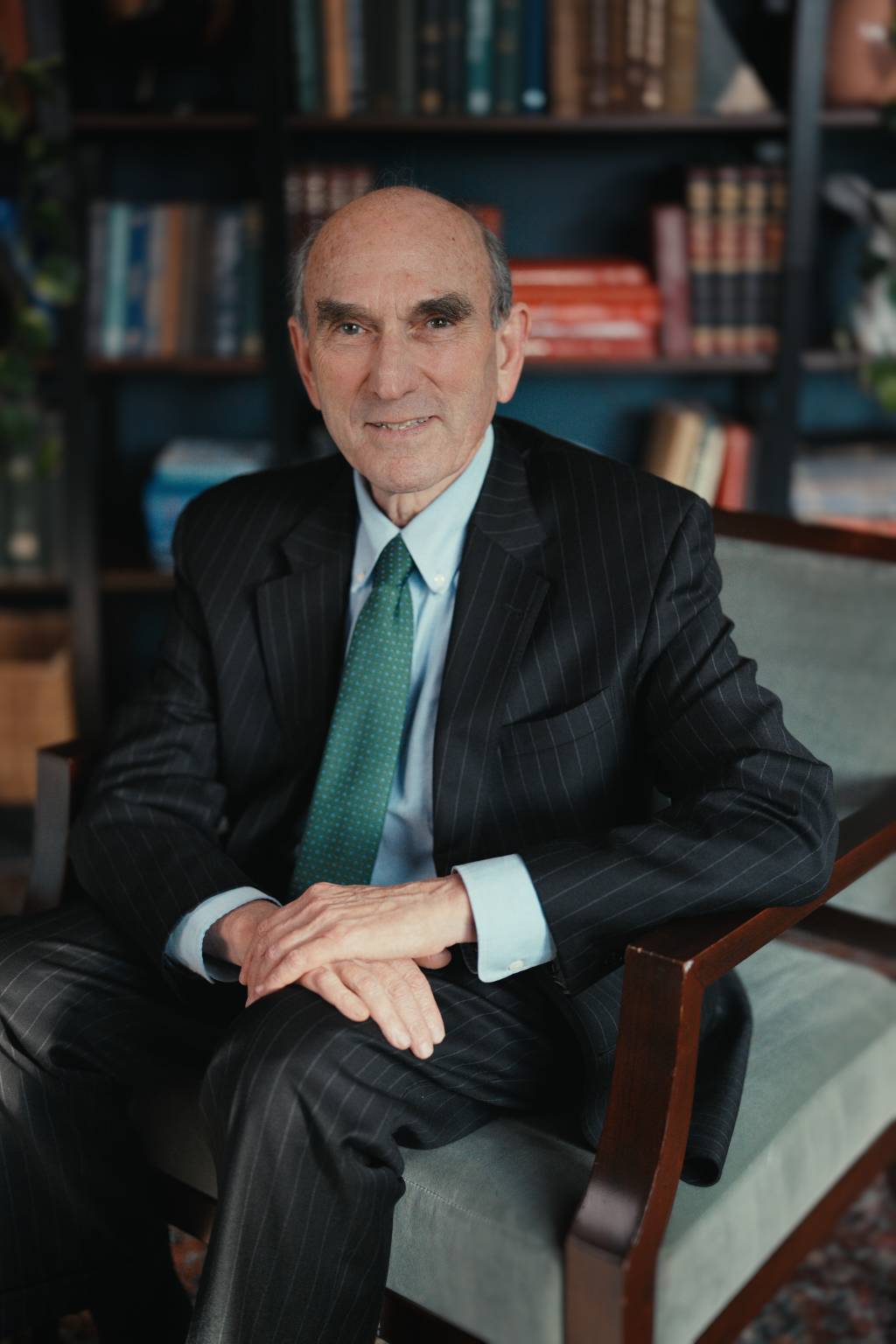Reorganizing U.S. Promotion of Democracy and Human Rights
The U.S. government spends billions to promote democracy. It could get more for its money through better internal coordination, and by relying more on NGOs and its own expertise when implementing programs, rather than hiring profit-making companies to do the work.

Promotion of democracy and human rights has been part of U.S. foreign policy for decades, and especially since the Carter administration, has often been described as a central aspect of U.S. diplomacy. Most recently, President Biden said in September, “I’ve been clear that human rights will be the center of our foreign policy.”
In fact, for the past two decades, the United States has spent billions of dollars a year, across dozens of government agencies, to advance democracy and human rights. After years of efforts under presidents of both parties, and despite criticism that these activities have been ineffective, the disorganization that marks democracy and human rights efforts is remarkable. Better organization and coordination, among other “bureaucratic” improvements could increase these programs’ efficacy and strengthen U.S. efforts.
To begin with, take a simple question: what is the U.S. government budget for democracy promotion and protection of human rights? No one can answer that question, for two reasons. First, the number of agencies involved is so great. Two government agencies have significant democracy and human rights programs, the Department of State (especially in its Bureau of Democracy, Human Rights, and Labor (DRL) and the U.S. Agency for International Development (USAID) which has by far the largest budget in this area. But there are relevant programs at the Department of Justice (helping on administration of justice), Department of Labor (on international workers’ rights activities), Department of Defense (respect for civilian authority as part of military training), Department of the Treasury (better accountability), Voice of America, the U.S. Institute of Peace, and the Department of Energy. Congress also provides hundreds of millions of dollars to support the National Endowment for Democracy (NED) and the U.S. Institute of Peace (USIP), and for multinational organizations such as the U.N. Democracy Fund, the Organization of American States, and the UN Development Fund. Adding these up, it seems that the democracy budget is about $2.8 billion per year. In addition, the Millennium Challenge Corporation (MCC) offers aid to countries that both have good economic policies and human rights records, and it has spent more than $13 billion since its founding in 2004.
The profusion of agencies is a contributor to the second problem: how does one define what activities promote democracy and respect for human rights? Different agencies and laws use different terminology. Moreover, one of the key terms is “governance.” That big USAID budget is under the “Center for Democracy, Human Rights, and Governance,” but good governance and respect for democracy and human rights are not identical. To take one example, better governance can mean more efficient collection of taxes. Is the more efficient collection of taxes by a dictatorship a worthy goal for U.S. foreign aid, and an appropriate use of money dedicated to human rights and democracy? How about more effective and efficient police forces in a dictatorship? In many countries, decentralization is a useful step. But unless the political system is democratic, is help for decentralization and support for local government a democracy program?
It’s clear from the profusion of agencies and definitions that coordination within the U.S. government is key—but it is lacking. Compare the field of intelligence. After 9/11, when Congress and the Bush administration concluded that lack of coordination was dangerous, it placed all 18 intelligence agencies under the purview of the Director of National Intelligence. According to DNI, its mission is to “Lead and support Intelligence Community integration.”
For the billions of dollars and many agencies involved in promoting human rights and democracy, there is no integration nor is there much coordination. Citizens might expect that there would be close communication between, say, people working on Tunisia at DRL, USIP, NED, USAID, and other agencies, but they would be wrong. Sometimes personal relations among relevant officials can fill part of the gap, and occasionally in an important case, the National Security Council staff will try to coordinate, but not often. Indeed, inside the State Department, close coordination among DRL, the relevant regional bureau, and other bureaus involved in the affairs of an aid recipient country is often weak.
One related problem is that many of the programs designed to promote democracy and human rights are not run by the agencies discussed above. Instead, the U.S. government funds a program but others carry it out. In some cases this arrangement works fine, because non-profit NGOs such as Freedom House are as dedicated to the cause as are U.S. government officials (or more so). But a strikingly high percentage of programs are actually implemented by for-profit corporations that specialize in winning such government contracts. For example, in 2019 half of the “democracy and governance” disbursements for Jordan went to for-profit companies; in Honduras the figure was 56%. And these companies often get the largest projects: in 2019, the two largest programs in dollars in Mali went to for-profits; in Ukraine, for-profit companies got 16% of the projects but these represented 30% of the disbursements. Overall, in 2019 more than a quarter of all USAID DRG spending went to for-profit companies.
This is a problem for two reasons, and the first is cost: profits eat up funds that should be going to the promotion of human rights and democracy. But the second problem may be even more significant: what has been called “tameness.” For-profit private companies are good at winning contracts and supplying bureaucrats with the documentation they need, because their main goal is to stay in business. They will be leery of activities that could get them expelled from a country and will avoid confrontational activities that promoting democracy and human rights may require.
U.S. official programming to promote democracy and human rights would benefit from at least two changes, given these problems.
First, it should not be a business. The percentage of programs, and often of the largest programs, run by private corporations is too high. Discussions with many NGO officials suggest that they could do more, if the U.S. government adopted a policy of moving away from for-profit companies to doing its own programming and using NGOs. This is not a panacea; NGOs too have their own interests, and there is a danger that they become too dependent on government grants. But relying on NGOs and individuals dedicated to the cause would be an improvement over having DRG programs become a profit center.
Second, there should be a serious effort at coordination. There should be regular meetings of the key officials—for example, from State, USAID, NED, MCC, and USIP—to discuss individual country programming. A sufficiently high official at the National Security Council should be empowered to act as a coordinator (though without the budget authority that the Director of National Intelligence holds), especially in an administration that claims human rights are at the center of its foreign policy.
Third, there should be a unified budget for promotion of democracy and human rights. This does not mean trying the impossible—eliminating congressional committee jurisdictions and government agency control over their own budgets. But each year the Office of Management and Budget should publish a document stating, and detailing, U.S. government spending for democracy and human rights. Today the real answer to the question “how much money is the United States spending to promote democracy and human rights?” is that no one actually knows. That answer should be unacceptable to every administration and to Congress.
This publication is part of the Diamonstein-Spielvogel Project on the Future of Democracy.
